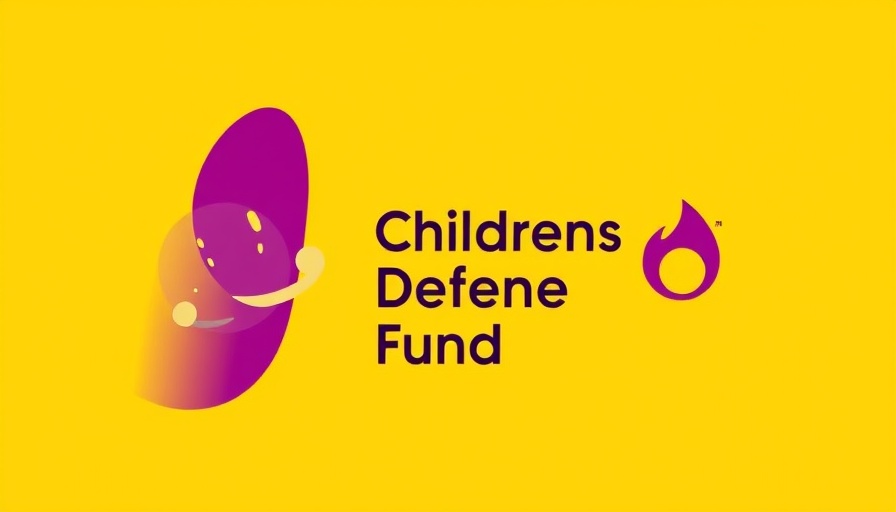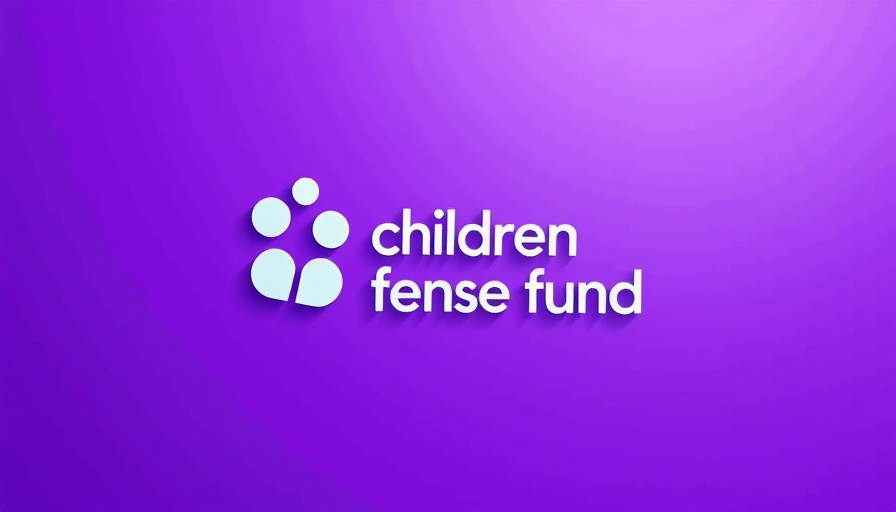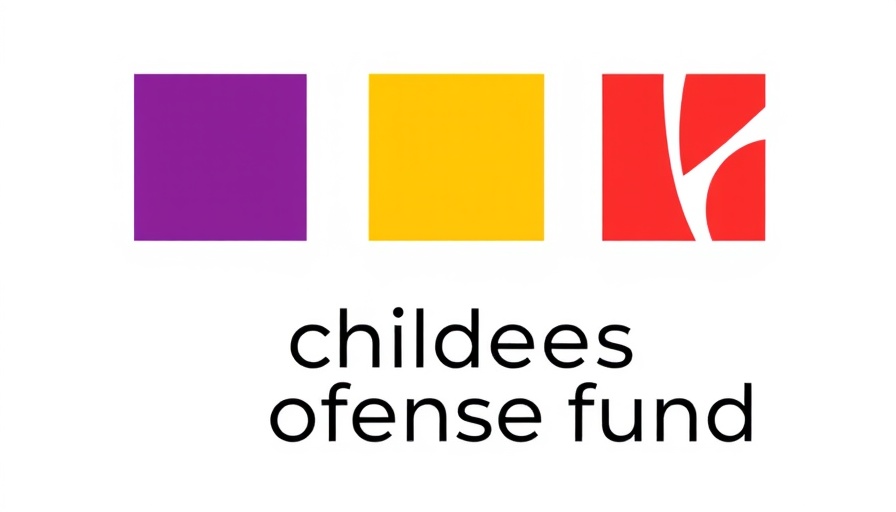
Systemic Crisis: Unpacking LA County’s Juvenile Education Failures
Los Angeles County has long struggled with the education of its incarcerated youth, revealing shocking statistics that underscore a systemic failure in their juvenile detention system. A recent report released by the Education Justice Coalition (EJC) paints a detailed picture of these failures, exposing a continuation of practices that disregards the fundamental rights of young individuals behind bars. The findings illustrate that a staggering number of students in juvenile detention are not receiving the educational opportunities that are their right.
Alarming Statistics Highlight the Severity of the Situation
In the 2023/24 academic year, only one out of three young individuals at Los Padrinos Juvenile Hall graduated high school, and many faced significant barriers such as chronic absenteeism, with 14% missing more than four weeks of schooling. These numbers encapsulate a reality where educational neglect is rampant, contradicting any progress toward reform. The voices of those directly impacted are crucial to this narrative; a youth leader's statement encapsulates the frustrations felt—"We didn’t learn. The teachers wouldn’t do anything. […] It’s not fair to be learning about vowels and nouns like we’re dumb." This assertion gives a face to the statistics, highlighting the need for change.
Unfulfilled Promises: A Call to Action
The report calls for a series of essential reforms that need urgent attention from the county’s Board of Supervisors. Among these is the implementation of “Youth Justice Reimagined,” an initiative emphasizing the importance of community-based alternatives to incarceration, which would in turn support the educational development of young detainees. Ensuring access to education that is engaging and reflective of the cultural backgrounds of these youth is vital. As Elida Ledesma, executive director of the Arts for Incarcerated Youth Network, states, the county must start listening to the young voices and advocating for their academic needs.
A Broader Context: The Impact of Education on Youth
Education is a cornerstone for social mobility, especially for marginalized communities. The failure to provide adequate educational resources can have generational ramifications. Research shows that incarcerated youth without access to quality education are less likely to reintegrate successfully into society, perpetuating cycles of poverty and crime. Understanding this linkage allows us to see the urgency behind reform efforts. It’s not just about compliance with education standards; it’s about breaking the cycle of disadvantage that many of these youth face.
Emphasizing Community-Led Solutions
Central to effective reform is establishing a system of accountability that involves community members, especially youth leaders who understand first-hand the deficiencies within the current system. By focusing on community-led initiatives, the county can work to foster education programs that not only enhance learning experiences but also imbue students with a sense of belonging and validation.
Future Outlook: Potential Solutions and Paths Forward
As Los Angeles County grapples with these systematic failures, the future hinges on the willingness of officials to trust in community wisdom and prioritize education for youth under their care. By creating curricula that is both challenging and culturally affirming, and by ensuring young individuals remain close to their communities during detainment, we can envision a path forward that empowers incarcerated youth rather than marginalizing them.
Ultimately, the findings of the report offer valuable insights into the intersection of education and juvenile justice reform. For the community in Denver and beyond, these issues serve as a reminder of our responsibility to advocate for the rights of all youth, regardless of their circumstances.
This concern extends beyond Los Angeles; across the nation, the need for reform in juvenile education is pressing. Understanding these trends prompts a broader discussion about how we care for and educate our young people in the criminal justice system.
 Add Row
Add Row  Add
Add 




Write A Comment